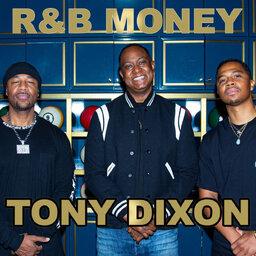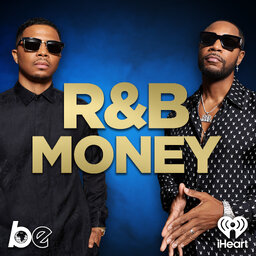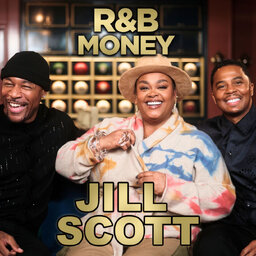Mitchell Jones & Karl Reid
On this week's episode of The R&B Money Podcast, Tank and J Valentine welcome Mitchell Jones and Karl Reid of Commissioned to discuss the group's origins, musical influences, impact on R&B, and share stories from throughout their acclaimed career.
Touching on Commissioned's beginnings singing gospel music in Detroit, Mitchell and Karl explain how they incorporated R&B stylings to reach wider audiences beyond the church. We learn about the songwriting and production behind hits like "Ordinary," "Running Back to You," and "Hold Me," along with the group's drive to bring new production value to gospel performances.
Tank and J express appreciation for how Commissioned's artistry and harmonies laid foundations for 90s R&B stars and influenced generations of singers. Mitchell and Karl share funny memories from early struggles trying to break through and crazy times on the road.
It's clear these gospel pioneers made their mark through hard work, innovative sounds, and a passion to spread love through music. Their living legacy can be heard in so many popular artists today.
Enjoy Commissioned now on The R&B Money Podcast!
Extended Episodes on YouTube:
https://www.youtube.com/RnBMoneyPodcast
Follow The Podcast:
Tank: @therealtank
J Valentine: @JValentine
Podcast: @RnbMoneyPodcast
 R&B Money
R&B Money


